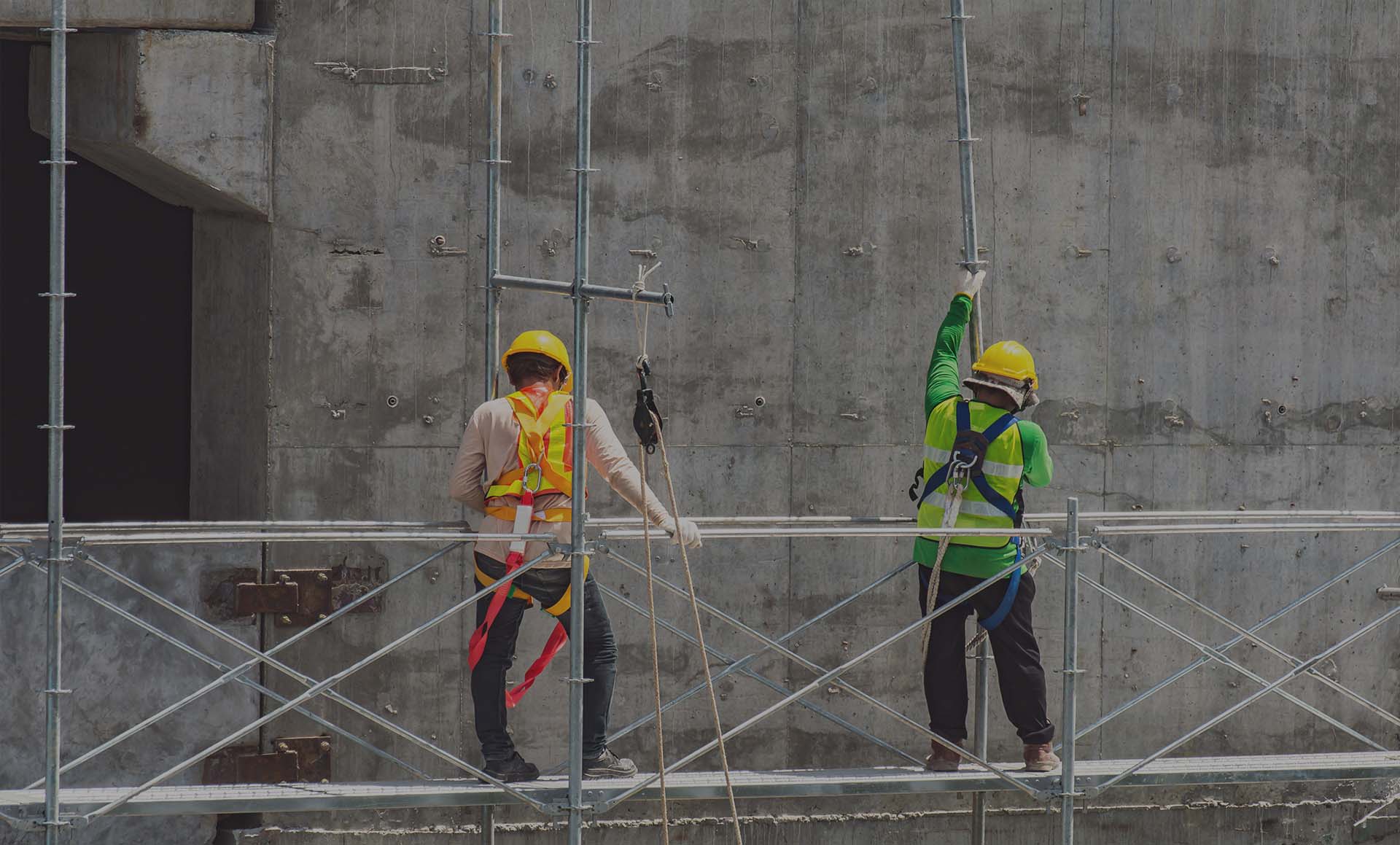Workplace injury management articles
Explore our collection of insights and discussions where our thought leaders and experts shed light on effective workplace injury management and how to maintain a thriving, health-and-safety-focused work environment.

Effective Practices for Enhancing Construction Site Safety
Apr 12, 2024

HR Strategies for Effective Workplace Injury Care
Apr 5, 2024

Managing the Challenges of Re-Injury After Returning to Work
Mar 29, 2024

How to Create and Streamline Your Workplace Injury Response Procedure
Mar 22, 2024

Workplace Injury Management: The Challenges, Benefits, and Steps
Mar 15, 2024

The Impact of Comorbid Conditions on Workers’ Injuries
Mar 8, 2024

Understanding and Managing Workers’ Compensation Challenges
Feb 23, 2024

Mental Health in Construction and the Locus of Control in Worker’s Compensation
Feb 9, 2024

Integrating Telemedicine in Workplace Safety Management
Jan 26, 2024


